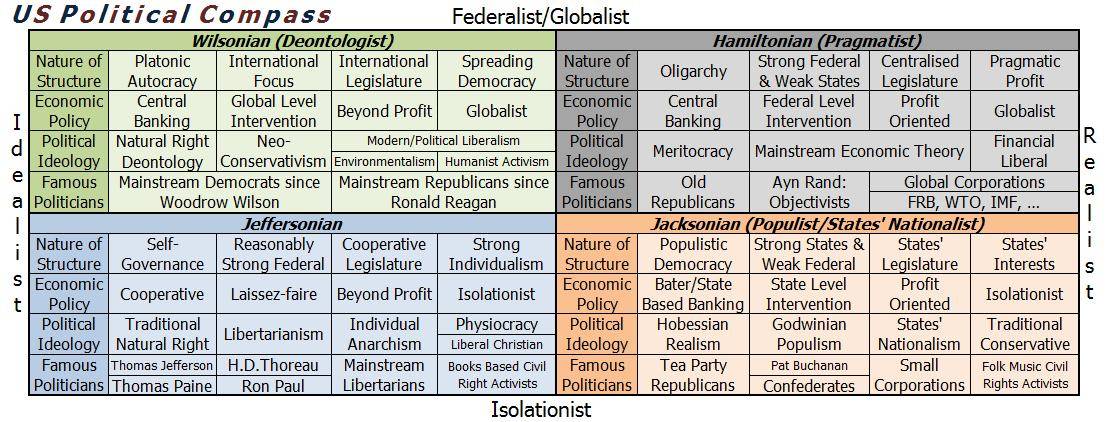GaryDog
Gold Member
- Feb 10, 2016
- 4,369
- 530
- 195
Sorry wimp. I know far more about the world certainly than someone who thinks terrorists will leave us alone if we pretend they don't exist.Sorry about the big words. I'll keep it simple:WTF happened to you? You're either extremely wimpy or extremely gullible. Or perhaps the former because of the latter.No, it's been explained numerous times why Obama doesn't use this term. And it has nothing to do with that. It has to do with not playing into ISIS's hands.
The fuck are you talking about?
You're (you are ) a wimp (Definition of WIMP).
Do you say this to everyone who attempts to educate you about the world? No wonder you're so fucking stupid.
That, and of course the fact that I've spent 43 years outside of the US.
Is that supposed to cause me any reaction aside from a sigh of relief?
STAY the fuck out.



